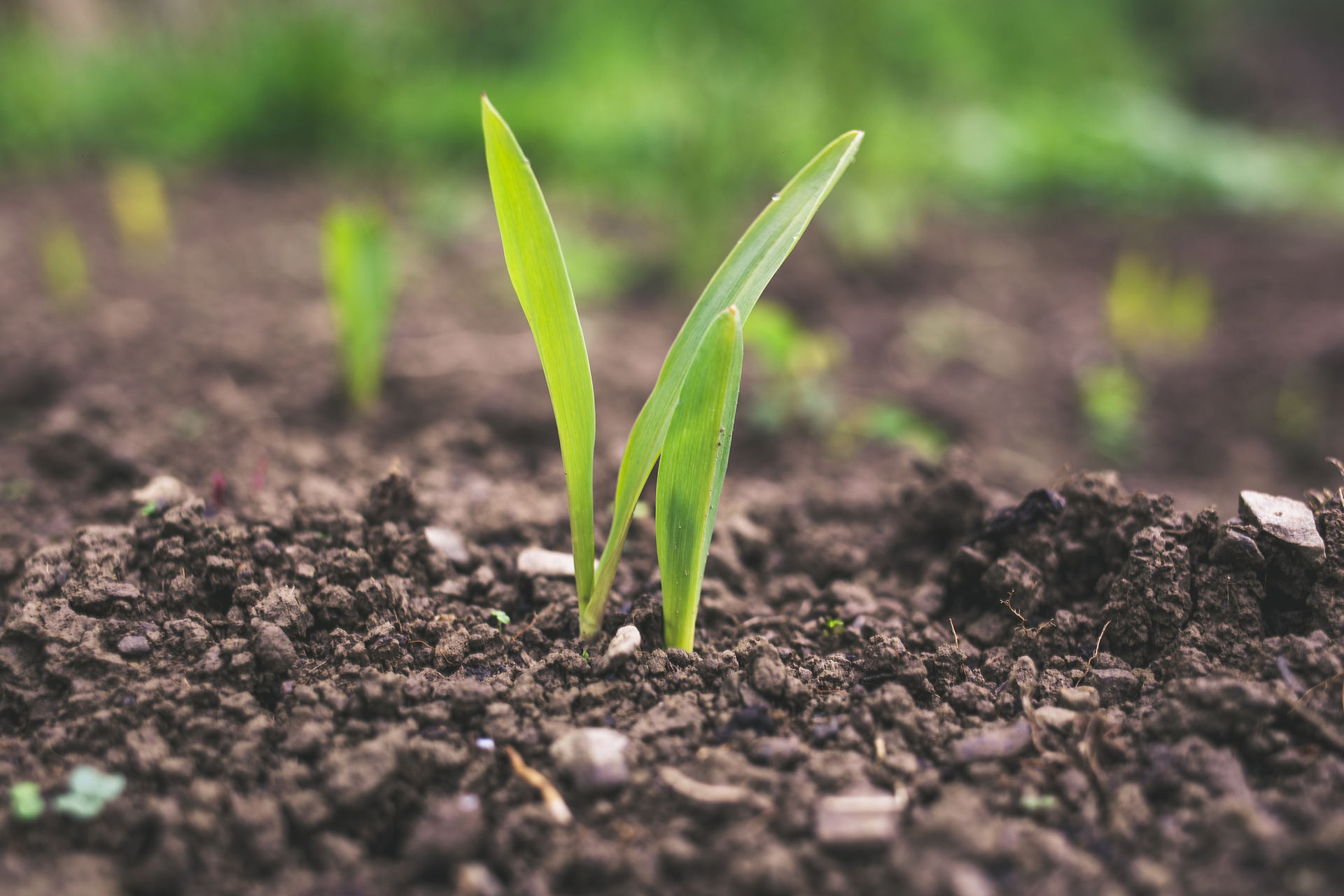
about
GrizzlyCorps is an AmeriCorps program designed by Project Climate at UC Berkeley’s Center for Law, Energy, and the Environment in partnership with CaliforniaVolunteers. Our program sends recent college graduates into rural communities across California to promote regenerative agri-food systems and fire and forest resilience. We aim to expand capacity for organizations working on community resilience and climate action while bolstering the next generation of professionals at the forefront of climate change solutions.
Each year, GrizzlyCorps sends up to 45 full-time fellows to placement sites in forest and farm communities throughout the state for 11 months. Our fellows have been placed with a variety of host partners and organizations, including cooperative extensions, resource conservation districts, research stations, non-profits, and other community organizations and agencies. Fellows support their hosts through a series of capacity-building projects that aim to improve the impact of their work, build community resilience, and respond to climate change. During their service year, GrizzlyCorps Fellows work on selected projects that promote regenerative agri-food systems and/or fire and forest resilience. Current GrizzlyCorps Fellows are working on projects that range from community outreach, education, and research, to conservation, farmland restoration, carbon farming plans, and wildfire resilience plans, as well as a variety of other fieldwork or administrative projects.

our model
The GrizzlyCorps program focuses on building local community resilience through capacity-building by implementing a four-stage intervention process. This process begins with a gap analysis to determine the capacity-building needs of our partner organizations and their programs. Our fellows then spend the majority of their service term addressing the gaps identified through a series of capacity-building projects, including research, development, and community outreach. Lastly, each fellow will develop a transition plan that ensures the continuation and sustainability of their progress.
Our fellow’s projects focus on four main areas of capacity-building:
-
Education: in farm communities activities may involve helping farmers learn about the techniques and benefits of regenerative agriculture; and, in forest communities, helping community members learn about ecological forestry, including thinning, prescribed burn, and defensible space
-
Research: working with soil biologists, foresters, ecologists and others to determine what actions are most effective
-
Planning: utilizing regional knowledge to inform the best course(s) of action for promoting community resilience through agricultural and food system planning, as well ecological forestry practices and fire mitigation plans
-
Implementation: drawing on existing plans and actions to launch projects, programs, and initiatives that create a visible means to demonstrate progress.
